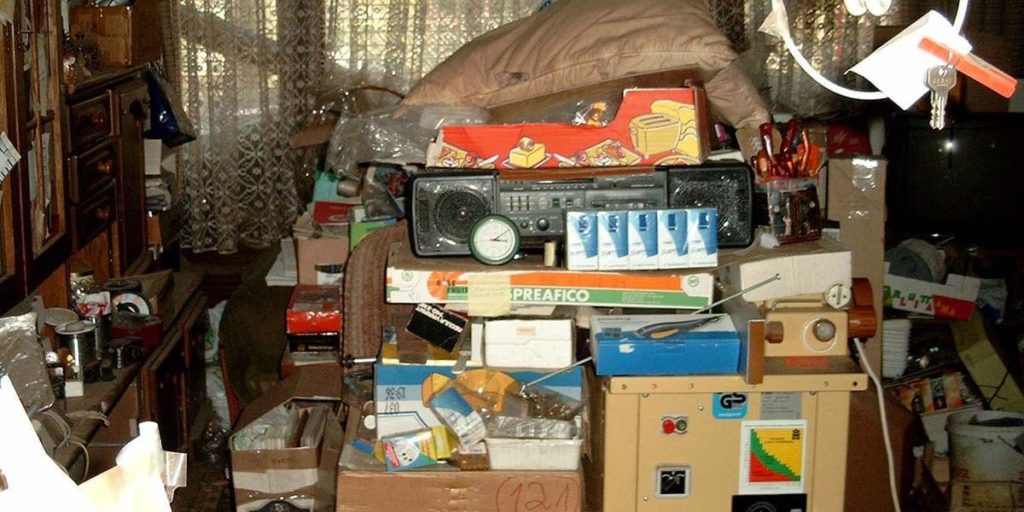
Hoarding is the excessive storage of items in and around a house that interferes with healthy and safe day-to-day use of the house for family or social life. Hoarding occurs when extreme amounts of items like newspapers, magazines, empty containers, old clothing, paper, rotting food, animals and occasionally animal manure collect inside or around a house. This condition poses harmful threats to a person’s living condition such as odors, rodents and insects, and fire safety. However, hoarders often do not recognize their problem and rarely seek treatment. Hoarding is considered a mental health issue.
A person might hoard items because:
- The items are perceived as valuable, even if they are old and damaged
- The items provide a sense of security
- There is a fear of losing valuable items
- The items are a substitute for love not found in other people
- There may be a fear of losing valuable personal information
- There may be physical limitations and frailties that make cleaning difficult
The Hoarding Task Force is a combined group of city and county agencies to provide a coordinated response to residential hoarding when it threatens life, safety, and property.
Members of the Hoarding Task Force:
- Adult Protective Services (DJFS – Adult Services)
- Child Protective Services (DJFS – Family & Children Services)
- City of Springfield Code Enforcement
- Clark County Combined Health District
- Clark County Humane Society
- Clark County Sheriff’s Office
- Elderly United
- Mental Health Services for Clark County
- OSU Extension
- Springfield Fire & Rescue
- Bethel Township Trustees
- Mad River Township Trustees
- Springfield Township Trustees
Mission of the Hoarding Task Force
Develop a concerted plan to address the:
- Needs for elder and child care.
- Needs for animal care.
- Needs for building and property cleanup.
- Needs for building and property improvements.
- Needs for correction of fire hazards.
- Long-term monitoring of both the physical and mental conditions of the hoarder and any animals remaining in his or her care.
- To work together to resolve neglect, abuse, and safety issues associated with hoarding behavior.
